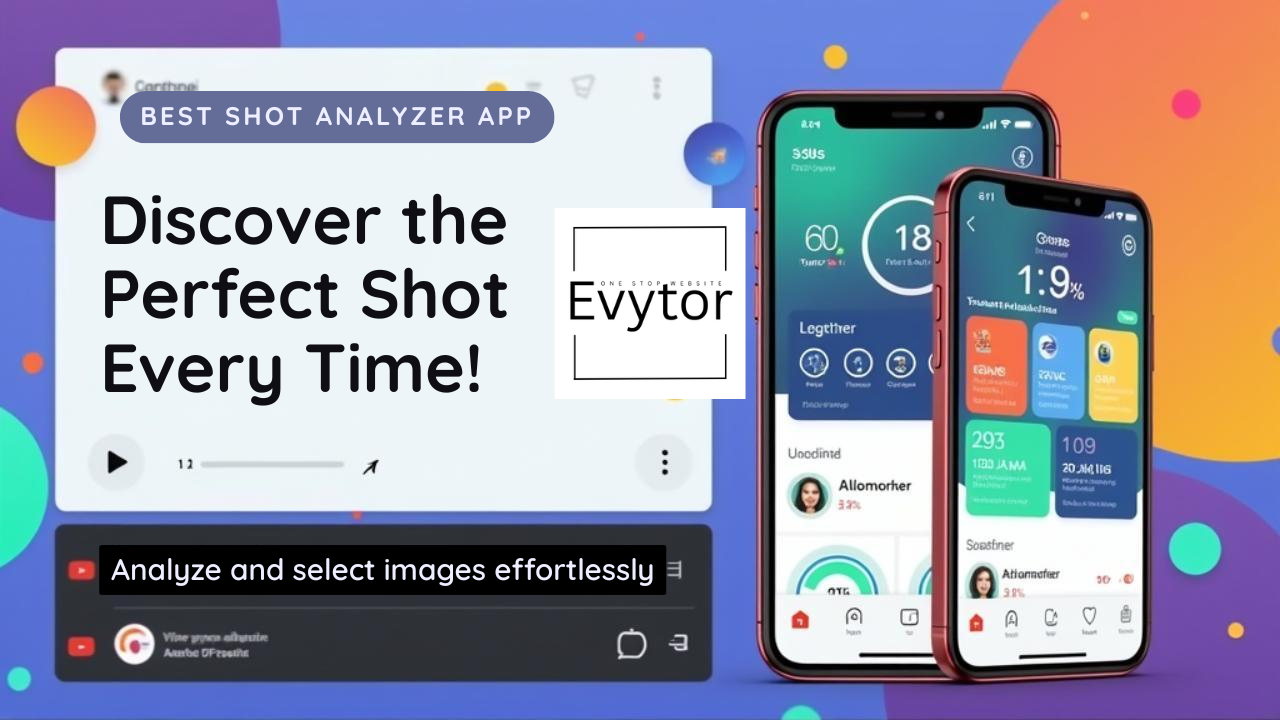The Future of Healthcare: AI, Wearables, and Personalized Medicine
The future of healthcare isn't a distant concept; it's unfolding right before our eyes. Imagine a world where your health is continuously monitored, potential issues are predicted before they manifest, and treatments are tailored precisely to your unique genetic makeup. This isn't science fiction – it's the promise being delivered by the convergence of Artificial Intelligence (AI), advanced wearable technology, and the burgeoning field of personalized medicine. These innovations are fundamentally reshaping how we approach well-being, diagnosis, treatment, and disease prevention.
For decades, healthcare has often been reactive, focusing on treating illness once it occurs. While incredible strides have been made in medical science, the traditional model can be fragmented and less efficient than possible. Enter technology. AI and wearables are shifting the paradigm towards a proactive, preventative, and highly individualized approach. Let's dive into how these powerful tools are driving the revolution in healthcare.
The Brains Behind the Operation: AI in Healthcare
AI is quickly becoming an indispensable partner in healthcare, performing complex tasks with speed and accuracy often exceeding human capabilities. It's not about replacing doctors, but empowering them with insights and automating routine processes.
- Diagnostic Imaging: AI algorithms can analyze medical images (X-rays, MRIs, CT scans) to detect subtle patterns indicative of disease, sometimes earlier than the human eye. Think of AI assisting radiologists in identifying potential tumors or diabetic retinopathy. 💡
- Drug Discovery & Development: AI can sift through vast biological and chemical datasets to identify potential drug candidates, predict their efficacy and safety, significantly accelerating the research and development process. 🚀
- Predictive Analytics: By analyzing patient data (medical history, lifestyle, genomic information), AI can predict an individual's risk of developing certain conditions, allowing for early intervention and preventative strategies. ✅
- Clinical Decision Support: AI systems can provide doctors with evidence-based recommendations for diagnosis and treatment plans based on the latest research and patient-specific data.
The potential here is enormous, promising more accurate diagnoses, faster drug development, and better resource allocation within healthcare systems.
Your Personal Health Dashboard: Wearables and Remote Monitoring
Forget bulky hospital equipment; your health is now increasingly tracked by devices you wear every day. Smartwatches, fitness trackers, smart rings, and even smart clothing are collecting a wealth of continuous biometric data.
These wearables are more than just step counters. They monitor:
- Heart rate and variability
- Sleep patterns and quality
- Activity levels and energy expenditure
- Oxygen saturation (SpO2)
- Body temperature
- ECG readings
When combined with sophisticated software, this data enables Remote Patient Monitoring (RPM). This allows healthcare providers to continuously track patients' conditions outside the clinical setting, which is particularly valuable for managing chronic diseases like diabetes, heart failure, or hypertension.
RPM allows for:
- Early detection of deteriorating conditions.
- More timely interventions, potentially preventing hospitalizations.
- Empowerment of patients to manage their own health.
- Reduced burden on healthcare facilities.
The data collected provides a much richer, real-world picture of a patient's health than sporadic clinic visits ever could.
Tailoring Treatment: The Rise of Personalized Medicine
Imagine a future where your medication dosage isn't based on an average person's response, but on how your unique body will metabolize it. This is the core of personalized medicine – using an individual's genetic profile, environment, and lifestyle to prevent, diagnose, and treat disease.
Key components include:
- Genomic Sequencing: Understanding an individual's DNA can reveal predispositions to certain diseases or how they might respond to specific medications. 🧬
- Biomarkers: Identifying specific biological molecules (biomarkers) in blood, tissue, or other samples can help diagnose diseases earlier or predict treatment response.
- Targeted Therapies: Developing drugs that specifically target the molecular mechanisms driving a disease in a particular individual, rather than using a one-size-fits-all approach.
Personalized medicine promises more effective treatments with fewer side effects, ultimately leading to better patient outcomes.
Bringing It All Together
The real power lies in the *intersection* of these technologies. AI can analyze the massive datasets generated by wearables and genomic sequencing to provide personalized insights and recommendations. Wearables provide the continuous, real-world data needed for AI models to make accurate predictions and for personalized treatment plans to be adjusted in real-time.
While challenges remain (data privacy, regulatory hurdles, ensuring equitable access), the trajectory is clear. Healthcare is moving towards being more:
- Proactive: Preventing illness before it starts.
- Predictive: Identifying risks early.
- Personalized: Tailoring care to the individual.
- Participatory: Empowering patients in their health journey.
Going Further: Dive Deeper
Interested in exploring these topics more? Here are some avenues:
- Research specific AI applications in healthcare (e.g., natural language processing for clinical notes, computer vision for radiology).
- Look into the latest advancements in smart textile technology for health monitoring.
- Explore resources on pharmacogenomics and how genetic testing is being integrated into prescribing practices.
- Consider the ethical implications of using vast amounts of personal health data.
The Horizon is Bright
The combination of AI, wearables, and personalized medicine is not just incremental improvement; it's a transformative force for healthcare. It promises a future where health is actively managed, treatments are highly effective, and everyone has the potential to live healthier, longer lives. It's an exciting time to witness, and participate in, the evolution of well-being.
What aspects of future healthcare are you most excited or concerned about? Share your thoughts in the comments below!




